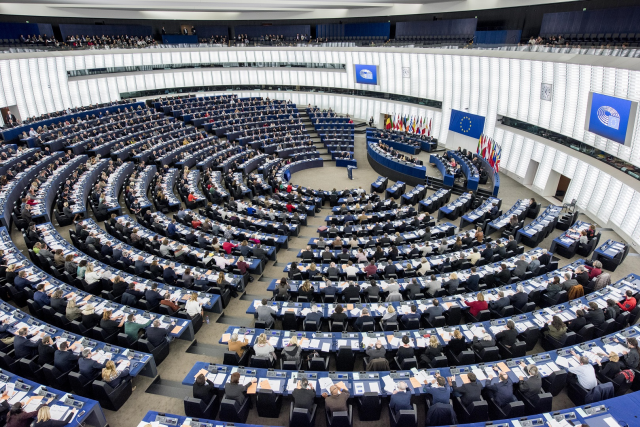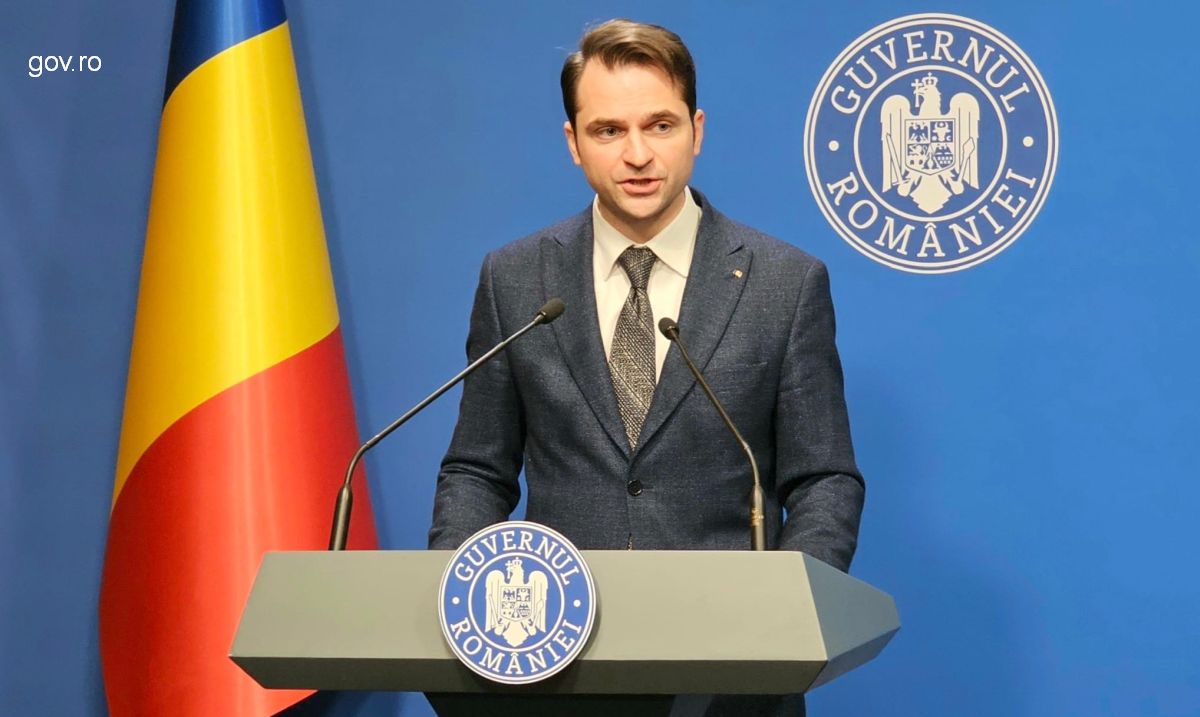Political reconfiguration in the European Parliament
The European Parliament elections are to be followed by intense political negotiations

Corina Cristea, 27.05.2019, 13:39
The European Parliament elections are
shaping a configuration with less numbers of seats for the centre-right and
centre-left blocs, which were predominant in the legislature until now but lost
terrain to smaller parties.
The main political groups, the Socialists
and people’s parties remain the largest political forces in the European forum
– the Group of the European People’s Party remains the most numerous, followed
by the Progressive Alliance of Socialists and Democrats, each losing about 40 seats
in the new legislature.
With 30 more mandates obtained ALDE
has registered a significant increase as compared to five years ago. The group
of the Greens have obtained about 70 seats followed by the Conservatives and reformists.
According to the returns, the far-right extremists are making their entry into
the European Parliament right on the fifth position.
A birds-eye-view over the returns shows
that although the elections saw an increasing number of votes mustered by the Euro-skeptic
parties, the pro-Europeans are still a majority in the European Parliament. Journalists
believe the new Parliament will be more fragmented, and that could make the
task of shaping the European legislation a more difficult one.
The election turnout at EU level has
been estimated at 50.5%, being the highest in the past two decades. Now with
the election completed, large-scale political negotiations are to commence,
given that the nomination of the future European Commission president depends
on these talks.
And we should not forget that the new
president is in charge of forging the new College of Commissioners. A first
round of talks will be taking place on Tuesday within an informal meeting of
the European leaders, summoned by European Council president, Donald Tusk.
(translated by bill)






























